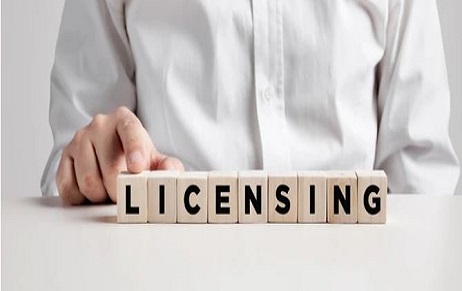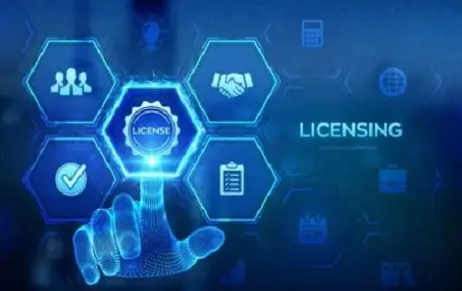Introduction A trademark helps a consumer obtain goods and services of a certain quality and reduces…
Patent Licensing in Sri Lanka
Introduction
Patent legislation in Sri Lanka can be traced to the earlier years of this century. As pointed out by T.A. Blanco White “the basic theory of the patent system is simple and reasonable. It is desirable in the public interest that industrial techniques should be improved” (quoted by Banks Commission in its Report on the British Patent System 1970). It encourages research and invention, it induces an inventor to disclose his discoveries instead of keeping them as a trade secret, it offers are ward for the expenses of developing invention to the stage at which they are commercially practicable and finally provides an inducement to invest capital in new lines of production (Swan Committee’s Report quoted with approval by the Indian Ayyangar’s Report (1959).
Patent Application form
The procedure for a Patent licensing procedure in Sri Lanka is that the person has to file a patent application form P01. It can be applied in three categories student, individual, and other. Students have to write a letter issued by head of the institute or school if the applicant is different from the inventor then a statement has to be provided by the applicant from the inventor.
Initial steps for Patent Application
For processing a patent application the application has to be filed and there must be a formal examination followed by search and substantive examination. There has to be a grant and publication of the patent and it should end with the opposition proceedings.
Limitation of Rights
The rights will be limited to the acts done for the purpose of scientific research, the rights would not preclude a person having the rights or a license the rights do not extend to the presence of use of products on foreign vessels, aircraft, spacecraft or land vehicles which temporarily or accidentally enter the airspace or territory of Sri Lanka.
Process of filing
During the filing of application that must be a description of the product and the relevant claims being made by the applicant. There should be an abstract describing the product and drawings if necessary. The application should be followed by a formality examination and then a substantive examination which would include novelty, inventive step and industrial applicability. In the substantive examination itself the product can be refused for being patented and significant amendments may be asked to be provided for the same. Examination will be conducted if there is any defect in the product and then a separate notice of informed effects will be provided to the applicant. Subsequently corrections will be asked to be made by the applicant and all the relevant directions in amendment should end during the stage of substantive examination. The authority will then issue a search report making significant investigations. It is to be noted that no correction shall be made after this stage and any obstacle in the investigation shall lead to the debarring of the product to be patented. After the issuance of search report there shall be a publication in the government gazette that would invite oppositions that would challenge the patentability of the product and if there are no oppositions then there shall be a grant of the patent and the application for patentability of the relevant product shall be successful. If there are any oppositions being made after the publication in the government gazette then the significant or position shall be challenged in the court and it will be for the court to decide whether to grant patent to the relevant product.
Conclusion
The application has to be filed at the National Intellectual Property office of Sri Lanka using the prescribed form mentioned above. The search report will be prepared by the International Searching Authority and a request could be made to the IP office to refer for the application for local patent examiner if the product is only to be patented within the local limits of the country. The patent would be valid for 20 years from the date of filing and the patent must be renewed annually from the expiration of the second year from the date of grant by paying a fee. Discoveries scientific theories and mathematical methods cannot be patented similarly plants, animals, microorganisms and other transgenic microorganisms and an essentially biological process for the production of plants and animals other than non biological and biological processes cannot be patented in Sri Lanka. By a person to the government cannot be patented in the country and lastly inventions which are necessary to protect public order cannot be patented in Sri Lanka.
Author: Shubham Khanna a 5th year School of Law, (Christ University), intern at Khurana & Khurana, Advocates and IP Attorneys. In case of any queries please contact/write back to us at [email protected].



